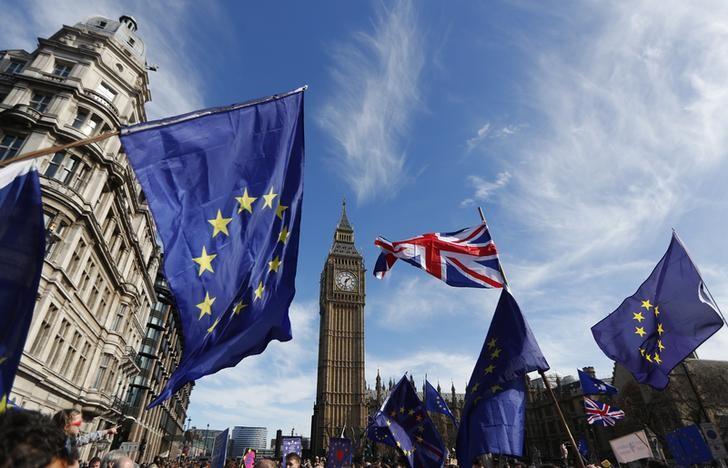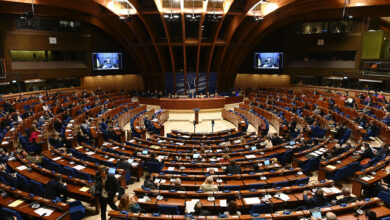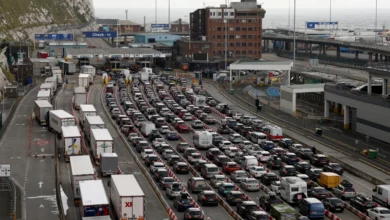
France won’t let the official base of the European Union’s parliament be moved from Strasbourg to Brussels, the country’s European affairs minister Nathalie Loiseau said on Sunday.
“Strasbourg must remain the seat of European democracy. It’s also the symbol of Franco-German reconciliation,” she said on France 3 television.
“It is often said that Europe comes down to the Brussels bubble. Europe needs to be closer to its regions,” she added.
Members of the European Parliament (MEPs) convene in Strasbourg for one week every month and in Brussels for the remainder. The monthly upheaval costs the bloc 114 million euros ($124 million) a year, EU auditors say.
Critics have long called for the arrangement to be scrapped, but it has stayed in place largely because France would have vetoed any attempt to make the required amendment to the EU treaty.
Some lawmakers had hoped the election victory of pro-EU President Emmanuel Macron could help plans to close the base in the French city.
On Brexit negotiations, Loiseau said there were “positive noises” ahead of a summit in Brussels set to decide whether enough progress has been made on the first phase of negotiations to move on to talks about a post-Brexit trade relationship.
But she said France remained vigilant on the issue of the land border with Ireland. “It’s a red line which was drawn by the 27 member states and by the United Kingdom, accepted by them,” she said.
Loiseau also said France was waiting for conclusions from the Eurostat statistics agency on whether the reimbursements it is due to make to companies after a dividend tax was canceled by courts should be all included in its 2017 accounts.
That would scupper the French government’s plans to bring its budget deficit below the EU-mandated 3 percent in 2017.
“In all logic, there is no reason to attribute the whole 10 billion euros to 2017. That’s what we explained, we are waiting for Eurostat answers,” she said.
Loiseau, a career diplomat, also said she was disappointed by Germany’s decision to vote in favor of clearing the use of weedkiller glyphosate for the next five years earlier this week.




